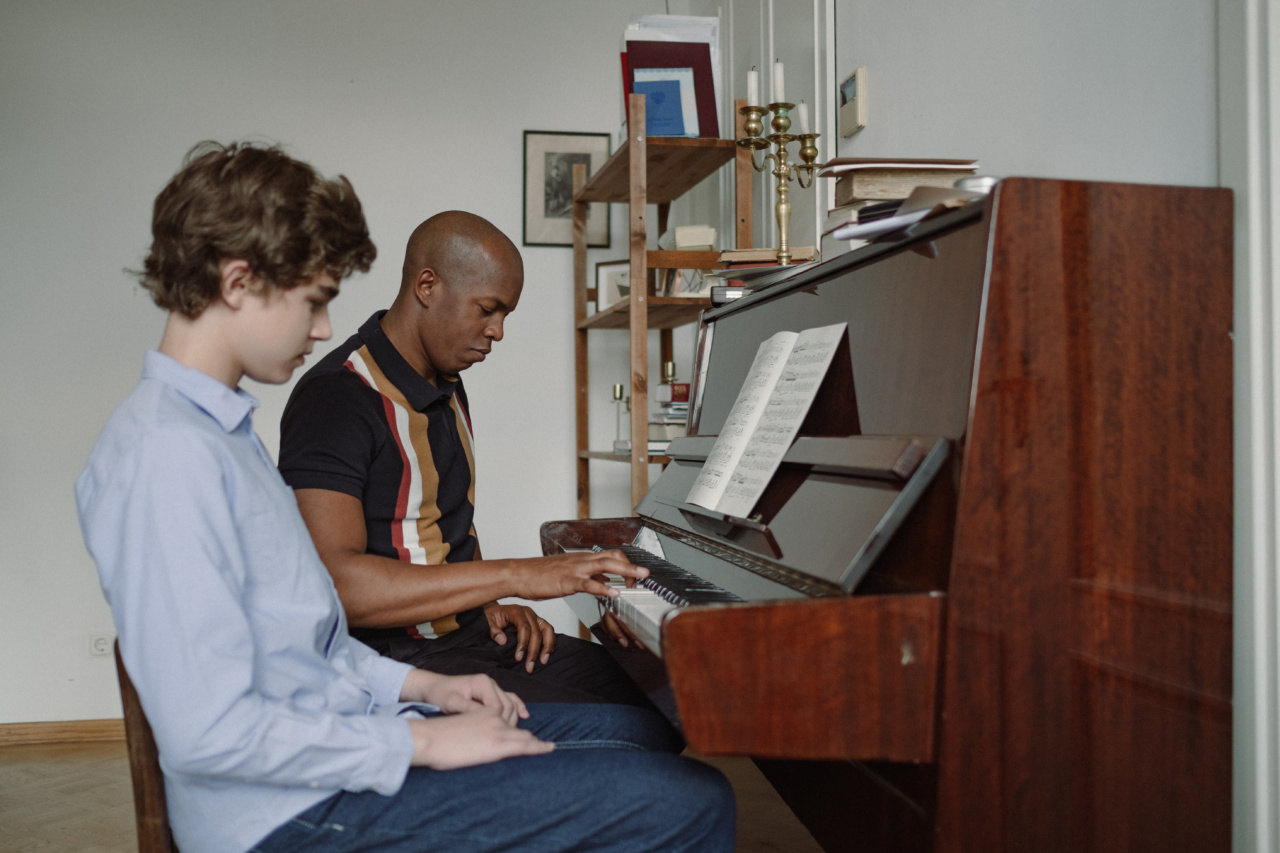Marriage and education have long been recognized as influential factors in various aspects of life. Among these, the impact on longevity has garnered significant attention.
Numerous studies and research have indicated a strong correlation between marriage, education, and male lifespan. This article explores the connection between marriage, education, and male longevity, shedding light on the reasons behind these associations.
Marriage and Male Longevity
Marriage has consistently been linked to improved overall health and increased life expectancy in men. Several scientific studies have found that married men tend to live longer than their unmarried counterparts.
One notable study conducted by researchers at Harvard University analyzed over 2 million men and found that married individuals experienced a lower mortality rate.
The reasons behind this correlation can be attributed to various factors. Firstly, marriage often brings about a positive change in lifestyle, encouraging healthier habits.
The presence of a partner provides motivation for individuals to lead a healthier life, including regular exercise, a balanced diet, and reduced risky behaviors such as smoking or excessive alcohol consumption.
Social support is another crucial factor in marital longevity. Having a partner who can provide emotional support and tangible assistance during times of stress or illness can greatly impact overall well-being.
Married individuals often have a built-in support system, which can help alleviate stress and reduce the risk of developing mental health issues, ultimately contributing to a longer lifespan.
Furthermore, studies have shown that married men are more likely to seek medical care and adhere to treatment plans. Marriage provides a sense of responsibility and accountability, spurring men to take their health seriously.
The presence of a spouse also facilitates regular health check-ups, leading to early detection and prevention of potential health issues.
Education and Male Longevity
Education is another key factor that strongly influences male longevity. Numerous studies have emphasized the positive relationship between education level and lifespan.
People with higher levels of education tend to have longer life expectancies compared to those with lower educational attainment.
One of the primary reasons behind this association is the acquisition of knowledge and awareness regarding health-promoting behaviors.
Individuals with higher levels of education are more likely to adopt a healthy lifestyle and adhere to preventive practices. They possess greater understanding of the importance of exercise, proper nutrition, and routine medical screenings, leading to better overall health outcomes.
Moreover, education plays a vital role in socioeconomic status, which further impacts health and longevity. Higher education levels are usually associated with better job opportunities, higher income, and improved access to healthcare resources.
Individuals with higher socioeconomic status generally have increased access to quality healthcare, including regular check-ups, advanced treatments, and preventive measures, all of which contribute to a longer lifespan.
Additionally, education equips individuals with problem-solving skills, critical thinking abilities, and a broader perspective on life.
These attributes enhance coping mechanisms, resilience, and adaptability, allowing educated individuals to better manage stressors, overcome challenges, and adopt healthier behaviors, subsequently leading to an extended lifespan.
Combined Effects
While both marriage and education independently contribute to male longevity, their combined effects yield even more profound outcomes.
Studies have suggested that the protective benefits of marital status and educational attainment have a synergistic effect on lifespan.
Marriage often serves as a conduit for educational opportunities. Spouses support and encourage each other to pursue higher education, leading to increased educational attainment among married individuals.
Simultaneously, education enhances the likelihood of entering into a successful marital union, as education fosters better communication, understanding, and the ability to resolve conflicts.
The impact of this combined effect is augmented even further when considering the various benefits of marriage and education on mental health.
Both marriage and higher education reduce the risk of developing mental health disorders such as depression and anxiety, while also enhancing cognitive abilities and memory. These factors, in turn, contribute to improved overall well-being and longevity.
Conclusion
In summary, marriage and education have emerged as key factors significantly influencing male longevity.
Both marriage and higher educational attainment are associated with improved health outcomes, reduced mortality rates, and increased life expectancies among men.
Marriage fosters healthier habits, provides emotional and social support, encourages seeking medical care, and instills a sense of responsibility towards personal health.
On the other hand, education equips individuals with knowledge, awareness, problem-solving skills, and socioeconomic advantages, resulting in healthier lifestyle choices and enhanced access to healthcare resources.
When combined, the positive impacts of marriage and education create a powerful synergy that fosters lifelong well-being and longevity.
Understanding the influential role of these factors can inform public policy, healthcare interventions, and personal decisions, ultimately benefiting individuals, families, and societies at large.































